EDITORIAL
Published on 11 Feb 2022
Editorial: Chemical Ecology and Conservation Biological Control
doi 10.3389/fevo.2022.857438
- 1,441 views
6,867
Total downloads
41k
Total views and downloads
Select the journal/section where you want your idea to be submitted:
EDITORIAL
Published on 11 Feb 2022
ORIGINAL RESEARCH
Published on 27 Jan 2022
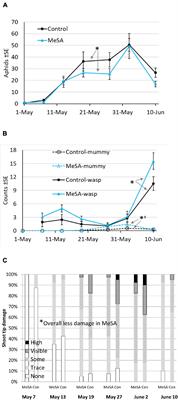
ORIGINAL RESEARCH
Published on 04 Jan 2022
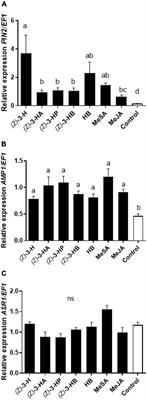
ORIGINAL RESEARCH
Published on 23 Jul 2021
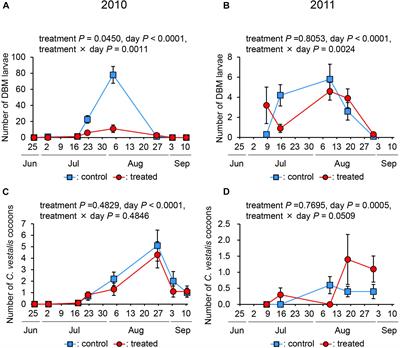
ORIGINAL RESEARCH
Published on 09 Jul 2021
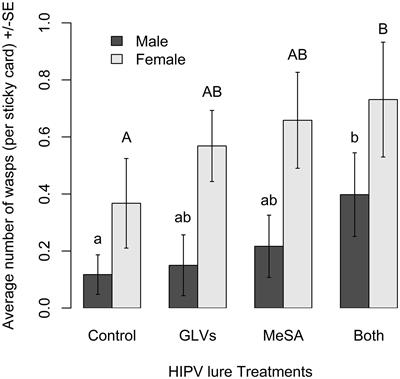
ORIGINAL RESEARCH
Published on 30 Jun 2021
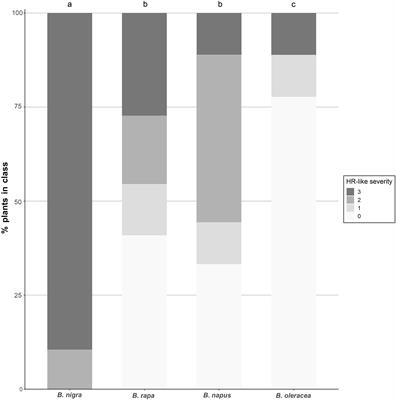
REVIEW
Published on 22 Apr 2021
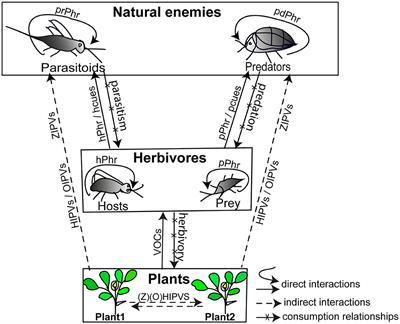
ORIGINAL RESEARCH
Published on 13 Apr 2021
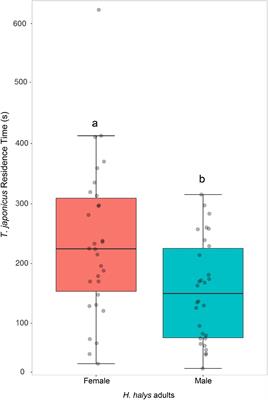

Frontiers in Plant Science